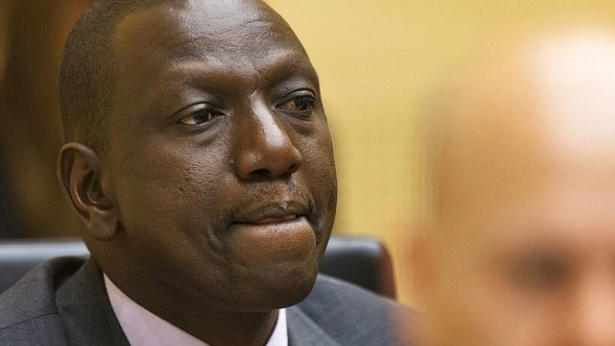
Togo: Michel Ocelot, the father of "Kirikou", celebrates African animation at the Gbaka Festival
The creator of the iconic “Kirikou and the Witch,” Michel Ocelot, caused a sensation at the Gbaka Animation Festival in Togo, a major cultural event dedicated to African animation and local talent. A French director, Ocelot is hailed for shining a light on African stories with “Kirikou,” a film that has left its mark on generations since its release in 1998 by offering a universe with the colors and myths of West Africa. His visit to Togo not only highlights African animation, but also encourages the younger generation of artists to embrace their heritage and tell their stories through this unique artistic medium.
Michel Ocelot, a passionate storyteller about Africa
Michel Ocelot is no ordinary filmmaker. With "Kirikou and the Witch," he has offered an animated film that moves away from exotic clichés to delve into a story rooted in African wisdom and culture. Inspired by traditional tales and the landscapes of West Africa, Ocelot has captured the essence of these stories, immersing himself in the environment and values that he has translated with remarkable authenticity. In an interview at the festival, he spoke of the importance of animation that "respects cultures and traditions" while innovating. "Kirikou," far from being an isolated work, has paved the way for other creations highlighting African characters, stories and settings.
His visit to Togo is therefore seen as a tribute to the cultures he helped to make known throughout the world. In a world where major film productions remain dominated by major Western studios, Michel Ocelot's approach finds a particular resonance in Africa. It reminds African artists that they possess an infinite reservoir of authentic stories just waiting to be told.
The Gbaka Festival, a springboard for African animation
The Gbaka Animation Festival is not in its first edition, but each year, it attracts more and more artists, producers, directors and young talents from all over Africa. This platform is now positioned as an essential meeting place for all those who wish to explore and develop the art of animation in Africa. The workshops organized around animation techniques, storytelling and technical aspects of cinema offer participants a rare opportunity to perfect their art by drawing inspiration from mentors like Michel Ocelot.
This year, the themes addressed during the festival particularly focused on African cultural riches, exploring often little-known traditional stories. Togo, which hosts the event, thus becomes a crossroads where local and international artists exchange, collaborate and motivate each other. Works inspired by African myths, stories of local heroes or ancestral tales are multiplying, carried by young artists determined to promote their cultural heritage.
The Future of African Animation and Kirikou's Legacy
While “Kirikou” has paved the way, the challenge remains for African creators who want to impose their style in the animation industry. Technology and funding are barriers that many artists still face, but festivals like Gbaka are essential to raise awareness and attract the attention of potential investors. The continent is full of talent and stories to tell, and the presence of figures like Michel Ocelot at these kinds of events helps inspire new generations.
African animation studios are gradually starting to structure themselves, with local productions gaining in quality and visibility. In Uganda, Kenya, Nigeria and South Africa, animations and short films are emerging, telling local stories with a unique and captivating artistic touch. International distribution networks and streaming platforms are also increasingly open to African creations, offering unprecedented visibility to the continent's achievements.
Beyond "Kirikou", Michel Ocelot's impact on African animation is that of a pioneer, reminding us that each culture has the right and the power to represent itself, without passing through the filter of stereotypes. His appearance at the Gbaka Animation Festival gives hope and inspiration to young African artists: animation can be a powerful vehicle to tell universal stories while honoring local identities, and African stories have a legitimate place on the world stage.



Leave a comment
This site is protected by hCaptcha and the hCaptcha Privacy Policy and Terms of Service apply.